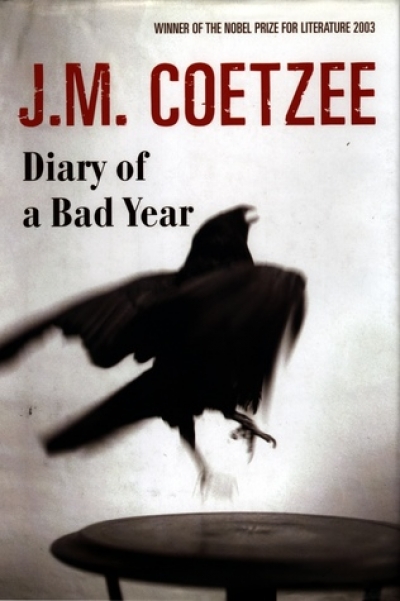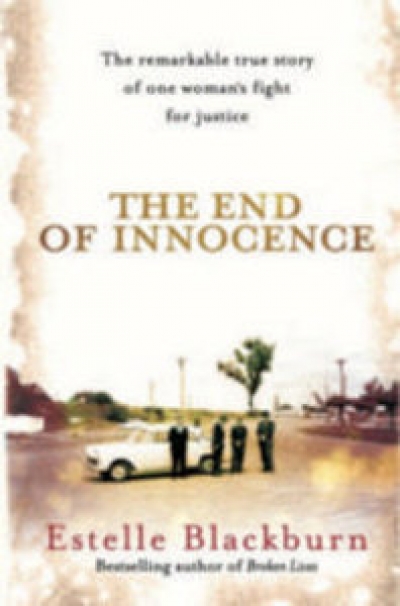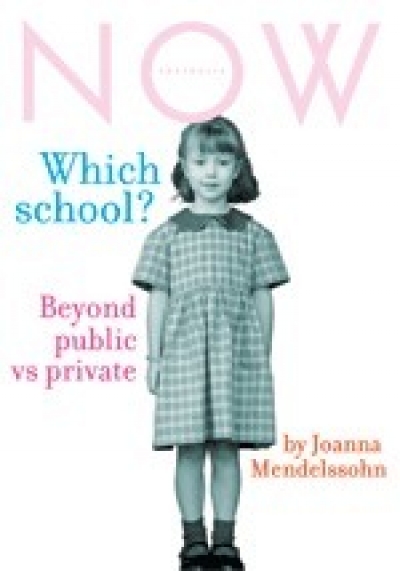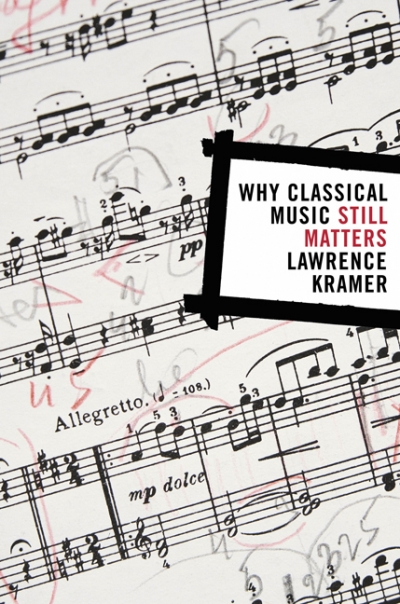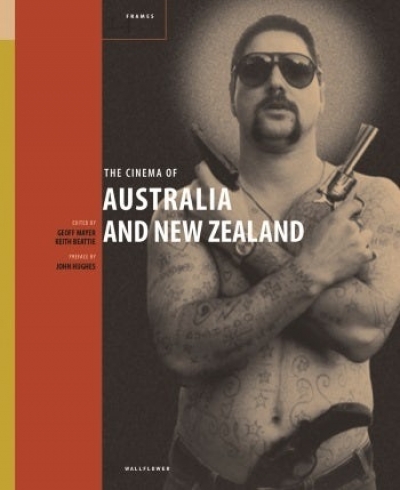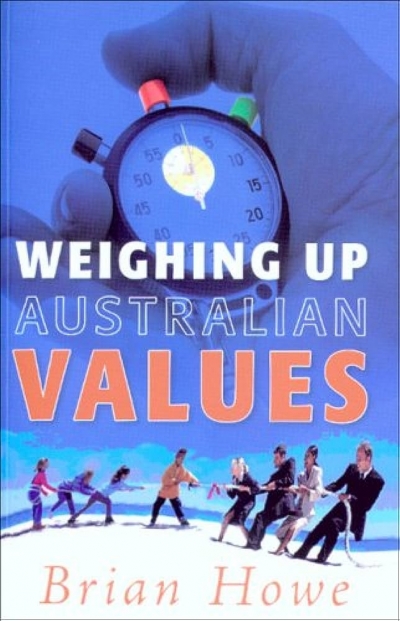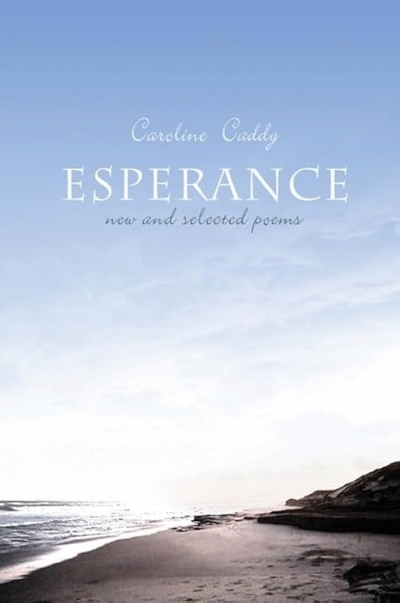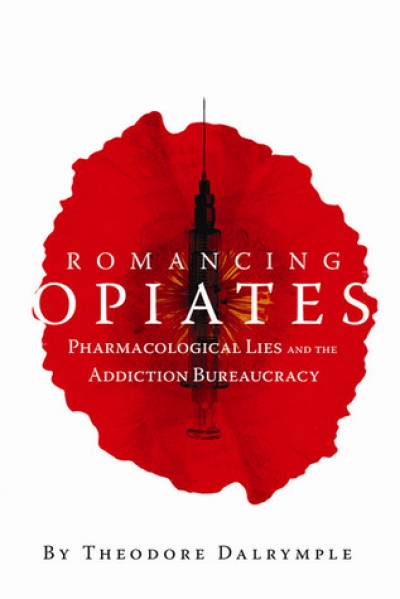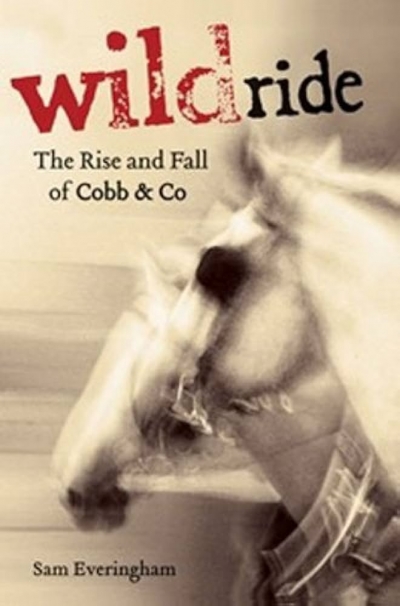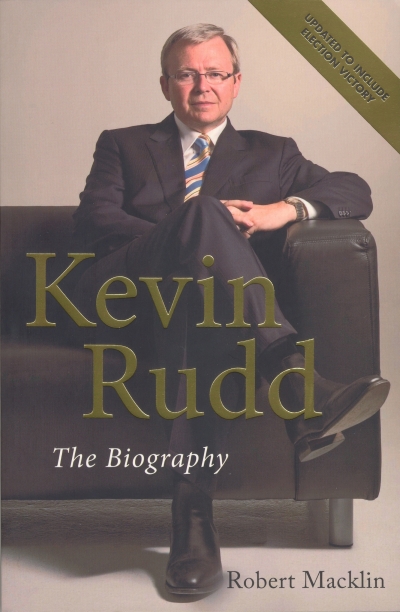Archive
Which School?: Beyond public vs private by Joana Mendelssohn
by Ilana Snyder •
The Cinema of Australia and New Zealand edited by Geoff Mayer and Keith Beattie
by Brian McFarlane •
Weighing up Australian Values: Balancing Transitions and Risks to Work and Family In Modern Australia by Brian Howe
by Lyndon Megarrity •
Romancing Opiates: Pharmacological lies and the addiction bureaucracy by Theodore Dalrymple
by Andrew Burns •
Wild Ride: The rise and fall of Cobb & Co. by Sam Everingham
by Steve Gome •
Kevin Rudd by Robert Macklin & Kevin Rudd by Nicholas Stuart
by Neal Blewett •

